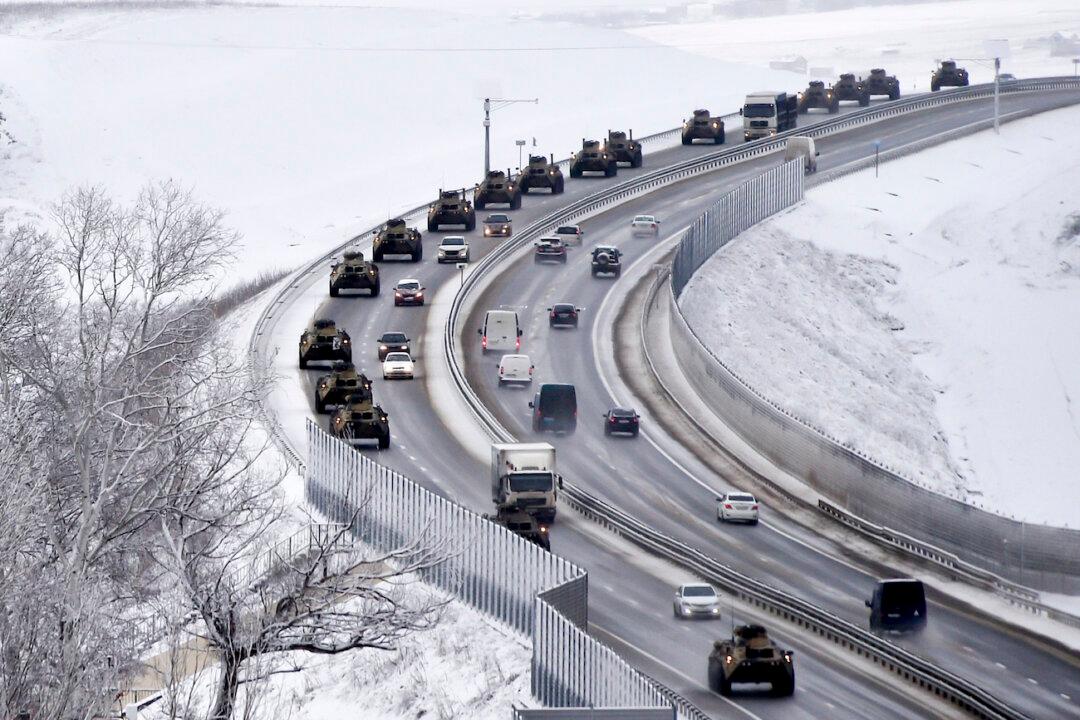Commentary
The masters of the Kremlin fancy themselves as experts at the game of geopolitical chess. A fact as true of Tsarist Russia as it was of the Soviet Union and today’s contemporary Russia.

The masters of the Kremlin fancy themselves as experts at the game of geopolitical chess. A fact as true of Tsarist Russia as it was of the Soviet Union and today’s contemporary Russia.